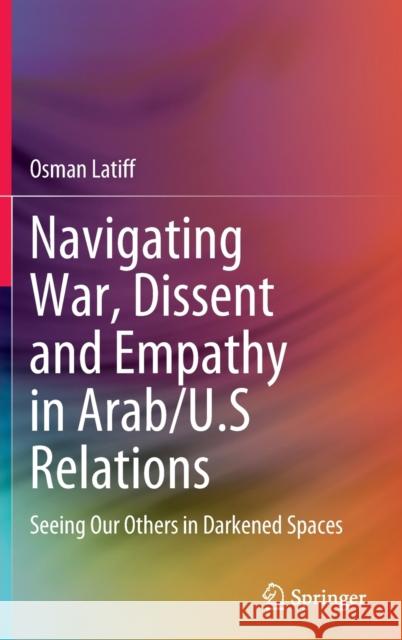Navigating War, Dissent and Empathy in Arab/U.S Relations: Seeing Our Others in Darkened Spaces » książka
topmenu
Navigating War, Dissent and Empathy in Arab/U.S Relations: Seeing Our Others in Darkened Spaces
ISBN-13: 9783030767464 / Angielski / Twarda / 2021 / 160 str.
Navigating War, Dissent and Empathy in Arab/U.S Relations: Seeing Our Others in Darkened Spaces
ISBN-13: 9783030767464 / Angielski / Twarda / 2021 / 160 str.
cena 281,10
(netto: 267,71 VAT: 5%)
Najniższa cena z 30 dni: 269,85
(netto: 267,71 VAT: 5%)
Najniższa cena z 30 dni: 269,85
Termin realizacji zamówienia:
ok. 22 dni roboczych
Dostawa w 2026 r.
ok. 22 dni roboczych
Dostawa w 2026 r.
Darmowa dostawa!
Kategorie:
Kategorie BISAC:
Wydawca:
Springer
Język:
Angielski
ISBN-13:
9783030767464
Rok wydania:
2021
Wydanie:
2021
Ilość stron:
160
Waga:
0.42 kg
Wymiary:
23.39 x 15.6 x 1.12
Oprawa:
Twarda
Wolumenów:
01
Dodatkowe informacje:
Wydanie ilustrowane











